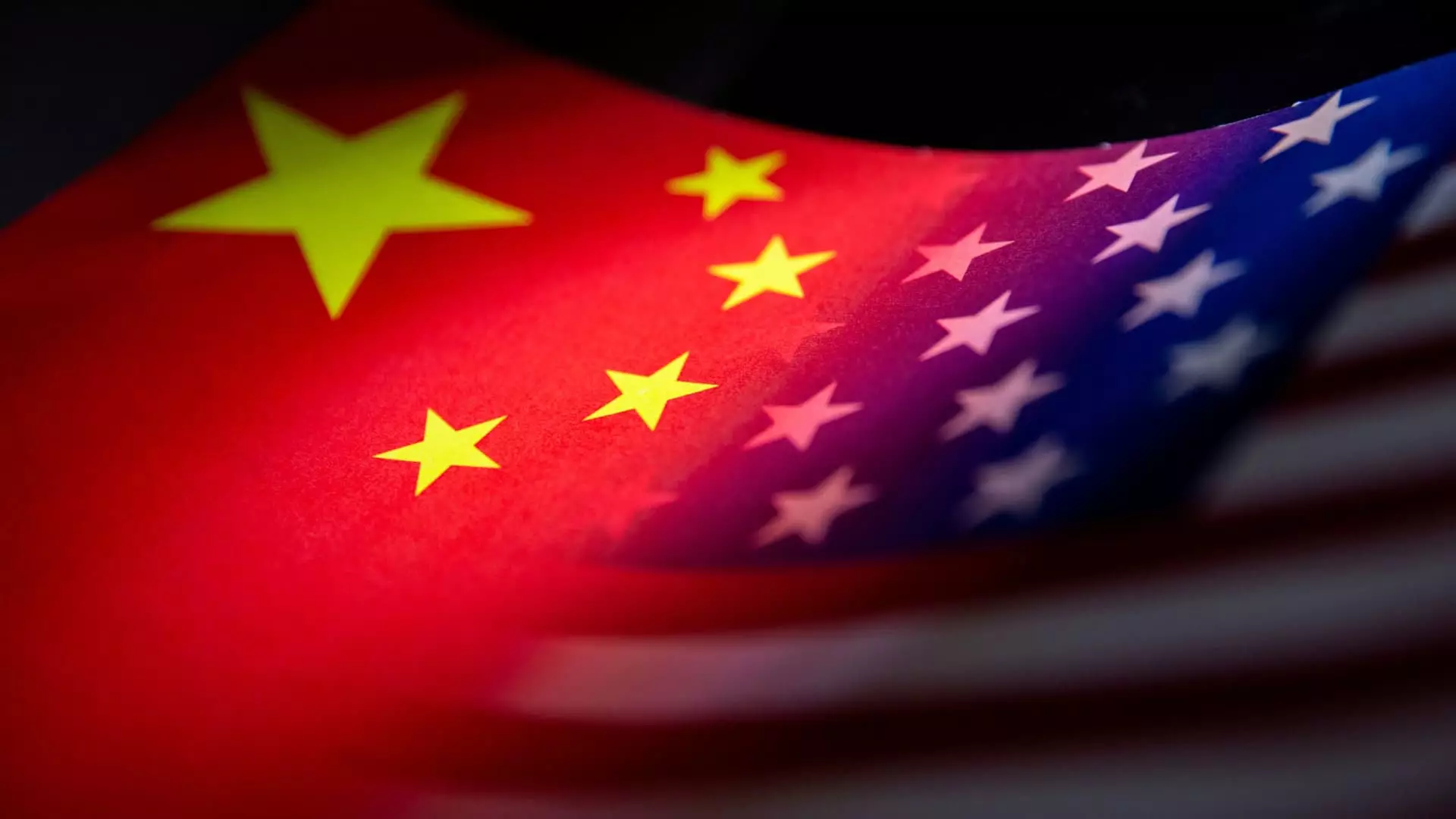Before us lies a pivotal moment in global economics as the power dynamics shift and companies mull their next moves. At the forefront of this shift is China, under the stewardship of President Xi Jinping, emphasizing the need for international corporations to recognize their role in fostering global stability through investments in the country. The recent meeting between Xi and prominent global business executives illustrates a blend of urgency and opportunity. The major takeaway here is Xi’s assertion that investing in China is synonymous with investing in the future.
In an era marked by significant trade barriers and escalating tensions, the Chinese government seeks to position the nation not just as a powerhouse but as a dependable partner in global trade. Xi’s call for multinational corporations to work alongside China outlines the country’s push for a collaborative global trade environment amid the United States’ wavering commitment to multilateralism. The rhetoric surrounding “upholding global order” underscores an intriguing shift—framing China’s growth not merely as an isolated ascendancy but as a necessary component of worldwide stability.
Trade Tensions: A Double-Edged Sword
The current trade climate characterized by the U.S.’s aggressive tariff policies, especially under the Trump administration’s banner, poses challenges not just to Sino-American interactions but to other nations relying on seamless global supply chains. Trump’s punitive tariffs coupled with the recent sanctions on Chinese tech companies create a precarious landscape. However, dismissing China outright may be short-sighted for Western investors. The tensions could catalyze deeper engagement if interpreted wisely—expanding markets elsewhere, such as in Southeast Asia, might also spur a more profound commitment to partnerships driven by regional interests.
Xi’s rare emphasis on stability and negotiations hints at a strategic pivot from retaliation to engagement. While Trump’s tactics lean towards isolationism, Xi seems to call for a counter-narrative, emphasizing cooperation to mitigate trade war repercussions. It’s crucial to note that Xi’s invitation to U.S. business executives represents an open hand in a time marked by barriers. In this context, the challenge for companies is not merely to evaluate risk vs. reward but to assess their position in an interconnected web of global economies.
The Role of Corporate Leaders in Global Stability
It is imperative that business leaders recognize their unique position in shaping discussions around global trade and economy. The emphasis on “fair opportunities” for foreign businesses in government contracts signals a resolve to level the playing field, which could assuage fears and tempers among entrepreneurs considering entering the Chinese market. By advocating for collaboration between China and multinational companies, leaders like Xi Jinping offer a clarion call—a reminder that business is not merely profit-driven but intricately linked to global order and governance.
High-profile attendance at the meeting by figures such as Ray Dalio and Bill Winters not only illustrates the urgency of bridging divides but also reinforces the necessity of open dialogue in navigating the choppy waters of international trade. Their presence signals to the world that despite current tensions, there exists a vested interest in maintaining enduring ties with China as this powerhouse seeks to bolster its global economic influence.
What Lies Ahead for U.S.-China Relations?
The future of U.S.-China relations remains uncertain. Whatever short-term deals are brokered between Washington and Beijing will inevitably result in long-term consequences, not only for the involved parties but also for the global community. The call from Chinese leadership to prioritize negotiation suggests that there is still a path forward, albeit fraught with complexities and pitfalls. American industry stakeholders must realize that disengagement is rarely beneficial in a deeply interconnected world.
Furthermore, with climate change and pandemics looming large, global cooperation becomes a vital theme. It is a timely reminder that investment and partnership should transcend the mere transactional nature of trade. A concerted effort from corporate leaders to engage positively with China could be the bedrock of a renewed global order that values cooperation over competition.
As we stand at this fiscal crossroads, it is more crucial than ever for multinational enterprises to reconcile their ambitions with a collective responsibility towards sustainable global practices. In this emerging economic landscape, China’s role as a partner may become increasingly vital—a realization that can no longer be ignored by world leaders or investors alike.

